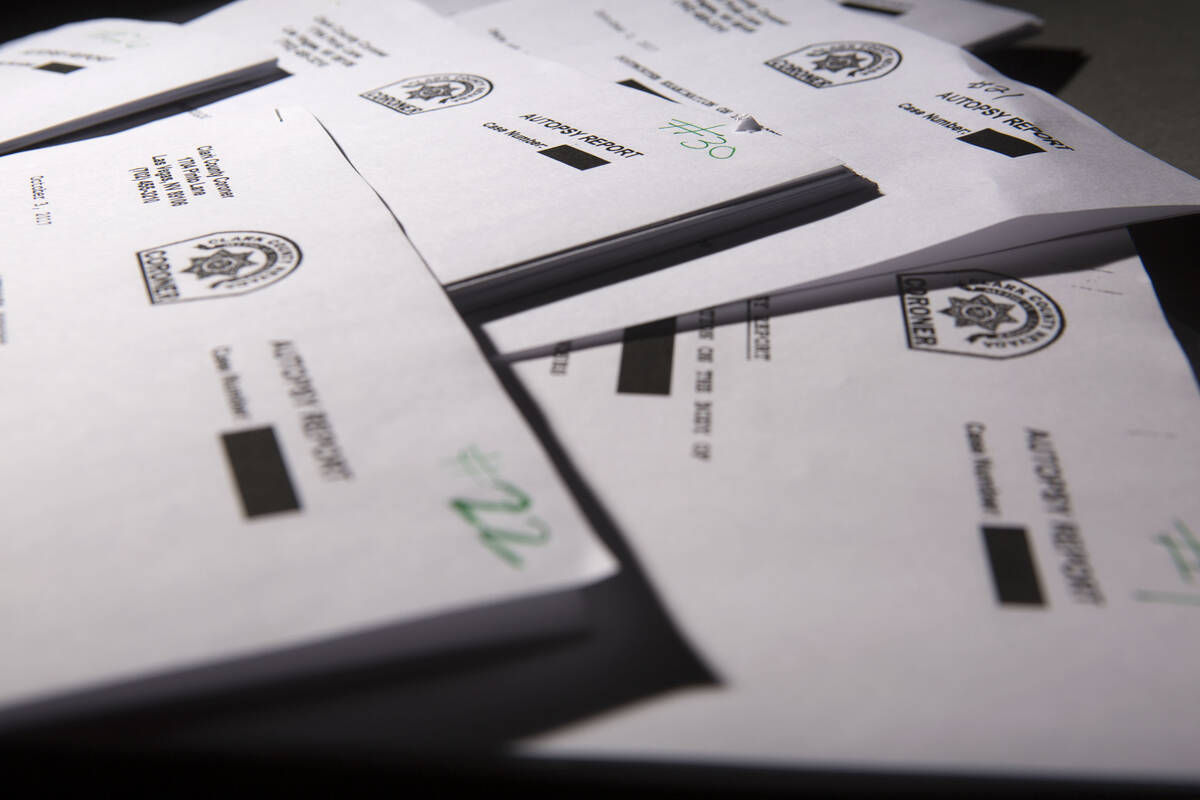EDITORIAL: Reno department gives Bronx cheer to records law
The competition is intense when it comes to determining the worst Nevada governmental entity in terms of complying with state open records laws. But the Reno Police Department seems intent on entering the sweepstakes.
Chapter 239 of the Nevada Revised Statutes seeks to “foster democratic principles by providing members of the public with prompt access to inspect, copy or receive a copy of public books and records.” The provisions of the chapter “must be construed liberally to carry out this important purpose.”
The intent is to promote the functioning of a healthy democratic republic: Those who work for the taxpayers must be accountable to the citizens in whose names they serve.
Yet Nevada’s state and local governments routinely ignore open records law, slow-walking, obstructing or refusing legitimate document requests. Agencies typically cite “privacy” protections as their fig leaf, but the most common motivation is, in reality, the desire to conceal conduct that might embarrass the agency in question or others within the bureaucracy.
That appears to be the case in Northern Nevada, where the publisher and co-founder of This Is Reno — an online news service covering The Biggest Little City in the World — has been locked in a four-year battle to acquire records related to the arrest of a Washoe County sheriff’s sergeant. The officer in question was charged with multiple felonies and even attempted to alter documents to cover up his wrongdoing. But the Reno Police Department, which investigated the case, seeks to conceal details from the taxpayers.
“This is a quintessential man-bites-dog story,” said Bob Conrad of This Is Reno. “This is a high-level sheriff’s sergeant accused of multiple felony crimes, and the depth and the degree of those crimes is so outlandish that the public deserves to know.”
The Nevada Supreme Court rejected the notion that Reno had a right to withhold the information. But the city remains intransigent, refusing to release the investigative file, even though Mr. Conrad wouldn’t object to the redaction of sensitive information. To make matters worse, the city uses taxpayer money in an attempt to keep information from those same taxpayers.
This case provides more evidence that state lawmakers should strengthen Nevada’s public records laws to mandate real penalties for agencies or individuals who willfully flout statutes intended to advance transparency and good government. Darkness acts as an incubator for corruption and malfeasance. Those who seek to extinguish the light deserve to face consequences for acting against the public’s best interests.





























